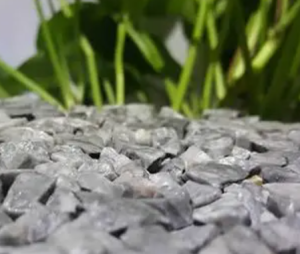Product Information
Alias sodium citrate Soluble in water
Chemical formula C6H5Na3O7 Density 1.008 g/cm ³
Molecular weight 258.07 Appearance white or colorless powder
CAS 68-04-2 Safety description S36; S24/25
EINECS 200-675-3 Hazard symbol R22; R20; R48/20/22
Melting point 300 ℃ Hazard description Xi; C
Application
Food
Sodium citrate is mainly used as a food additive, with the largest demand. It can also be used as a flavoring agent, swelling agent, stabilizer, buffer, and emulsifier; In addition, sodium citrate and citric acid can also be used as flavoring agents, gelling agents, and nutritional supplements for various cakes, cold drinks, fruit juice, beverages, cold drinks, dairy products, and jam.


Medicine
In 1914, sodium citrate was developed as a long-acting anticoagulant, enabling blood to be preserved for a longer time. In 1915, Richard Levinson demonstrated that the use of sodium citrate as an anticoagulant would transform the current blood transfusion operation that blood transfusion and blood donors must perform at the same time and place into the blood bank system we use today. Sodium citrate also has an antiseptic effect, which is used to preserve some drugs.


Construction industry
In the construction industry, sodium citrate can be added as a retarder when making concrete, which can improve the frost resistance, compression resistance, and tensile properties of cement products; Under the social conditions of increasingly serious environmental problems, the sulfur dioxide in the exhaust gas of some smelters is seriously beyond the standard. Some studies have shown that using the characteristics of sodium citrate to remove the sulfide in industrial tail gas has an obvious effect.

 Performance characteristics
Performance characteristics
Safe and non-toxic
As the raw material for preparing sodium citrate is basically from grain, it is absolutely safe and reliable, and will not harm human health. Biodegradability
After being diluted by a large amount of water in nature, sodium citrate partially turns into citric acid, both of which coexist in the same system. Citric acid is easily biodegradable in water by the action of oxygen, heat, light, bacteria, and microorganisms.
